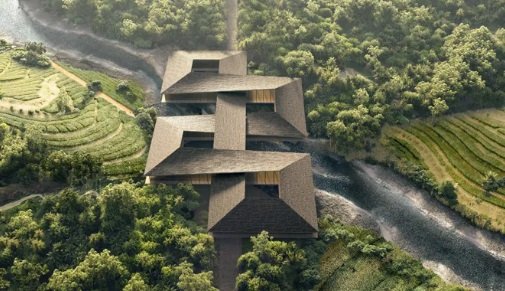
Bhutan is embarking on an ambitious project with the development of the Gelephu Mindfulness City, the largest co-operative initiative in the nation’s history. Spanning 2,500 square kilometers, the project aims to be a Zero Carbon urban center, promoting mindfulness, sustainability, and harmony. Bhutan’s Prime Minister Tshering Tobgay acknowledged India’s critical support for this transformative endeavor.
A Highlight at the Global Co-operative Conference
The Gelephu Mindfulness City project took center stage at the Global Conference of the International Co-operative Alliance, held in New Delhi. The conference, inaugurated by Indian Prime Minister Narendra Modi, attracted around 3,000 delegates, including 1,000 representatives from 100 countries.
PM Modi underscored the importance of global financial institutions backing co-operative ventures, emphasizing their role in fostering a circular economy. The conference highlighted the interconnectedness of sustainability, financial innovation, and community development, placing co-operatives as a linchpin in achieving these goals.
Government Support and Co-operative Initiatives
Union Home Minister Amit Shah highlighted India’s strides in promoting co-operation-driven prosperity. He outlined the government’s initiatives, such as the establishment of over two lakh Primary Agricultural Credit Societies (PACS) within three years, ensuring every village in India gains access to co-operative societies. These efforts aim to uplift women, farmers, and rural communities, aligning with the vision of shared growth and sustainability.
Vision for Gelephu Mindfulness City
Prime Minister Tobgay envisions Gelephu Mindfulness City as a hub for knowledge, technology, and finance. A unique aspect of the project is its inclusivity—every Bhutanese citizen will hold a stake in the city, reflecting the country’s deep-rooted commitment to co-operation and equitable growth. The project is designed to align Bhutan’s cultural values with global sustainability goals, setting a benchmark for modern, eco-friendly urban development.
Strengthening Bhutan-India Diplomatic Ties
Bhutan’s diplomatic engagements with India have intensified following the announcement of the project. King Jigme Khesar Namgyel Wangchuck has visited India twice this year to attract investment and explore collaborations in key sectors such as hospitality, education, IT, and wellness.
Prime Minister Tobgay has also been proactive, marking his fourth visit to India in 2024 alone. During his recent meetings, discussions with the Adani Group focused on renewable energy and infrastructure development. While challenges persist for Adani projects in neighboring countries, Bhutan remains focused on its long-term vision for Gelephu Mindfulness City and fortifying its partnership with India.
A Path Towards Sustainability and Innovation
The Gelephu Mindfulness City is not just an infrastructure project; it is a symbol of Bhutan’s commitment to sustainable development, blending traditional values with modernity. Its emphasis on Zero Carbon initiatives, co-operative governance, and community inclusivity underscores Bhutan’s pioneering approach to urban planning and environmental stewardship.
Key Facts to Note
- Gelephu Mindfulness City: Bhutan’s largest co-operative initiative, aiming for Zero Carbon status, spans 2,500 square kilometers and focuses on harmony and sustainability.
- International Co-operative Alliance: A global organization promoting co-operatives, recently held a conference in New Delhi attended by 3,000 delegates.
- PACS in India: The initiative to establish over two lakh Primary Agricultural Credit Societies will revolutionize rural finance and benefit women, farmers, and villages.
As Bhutan advances with its visionary project, the Gelephu Mindfulness City stands as a testament to the power of co-operation, sustainable growth, and strong international partnerships.

